the magIcal healIng power of plants
by donna mazzola, pharmd

Plants possess so many different properties from being anti-inflammatory, having antioxidant potential, immune-modulating, nutrient-dense, and all in all preventing disease. When most people think of eating plants, they simply associate them with fruits and vegetables. But plant-based foods stem beyond our well-known fruits and vegetables. Other plant varieties that come with numerous benefits include seeds, nuts, oils, whole grains, and herbs. Recognizing this is critical as variety and diversity are important when reaping the magical benefits of plants!
Plants work together in a form of synergy to produce a positive effect on our bodies. When combined they fight inflammation in our bodies. The majority of immune system-related diseases are implicated by the underlying chronic inflammation in the body and the lack of antioxidants that eventually damage our cells and DNA. What’s fascinating is that plants contain bioactive compounds that reduce chronic inflammation in the body and produce an antioxidant effect. Plants have a proven ability to support our immune system function and prevent disease development.
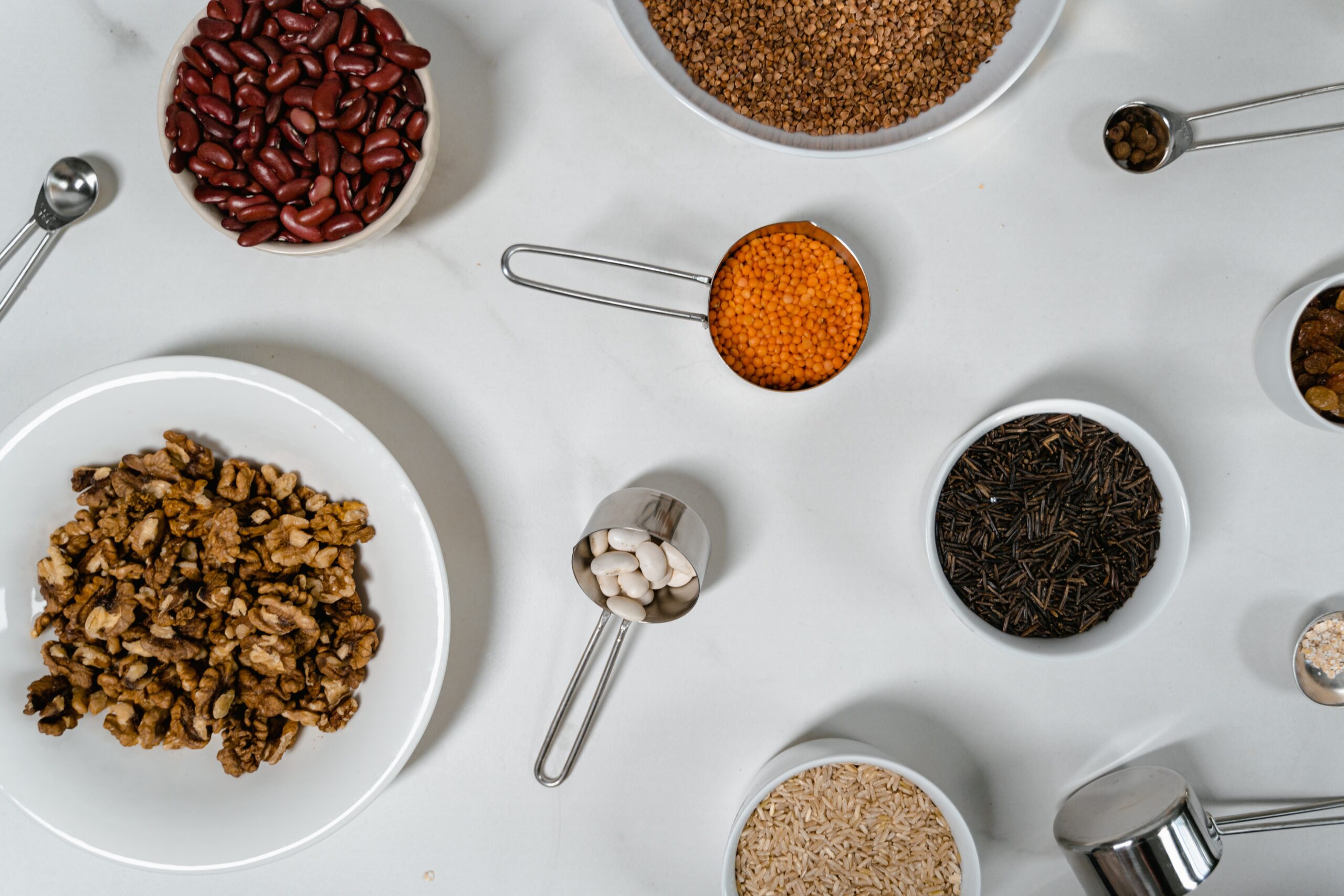
The direct effect plants have on our gut health and the immune system translates into a direct effect on disease prevention and overall positive immune health. We want to maintain our health daily to prevent disease and use food to help fight disease should it arise.
Many plant-based foods are now classified as functional foods. Functional foods are foods that have a potentially positive effect on health beyond basic nutrition. They promote optimal health and help reduce the risk of disease.
what makes plants so magIcal? Let’s get Into scIence.
Plants contain both primary and secondary metabolites. Primary metabolites are substances made or used when the body breaks down food, drugs, or chemicals. These include carbohydrates, proteins, lipids, nucleic acids, heme, and chlorophyll. These primary metabolites help to maintain and build healthy plant tissue and cells. Secondary metabolites are typically referred to as phytochemicals or phytonutrients. These phytochemicals don’t affect the plant from a biochemical standpoint; they are important for ecological functions such as plant defense against bacteria, fungus, and insect pests.
Plant foods—fruits, vegetables, legumes, herbs, nuts, seeds, and whole grains—contain more than 5,000 different phytonutrients. These phytonutrients are often nonessential to the plant, but they possess biological activity that can be beneficial to US!
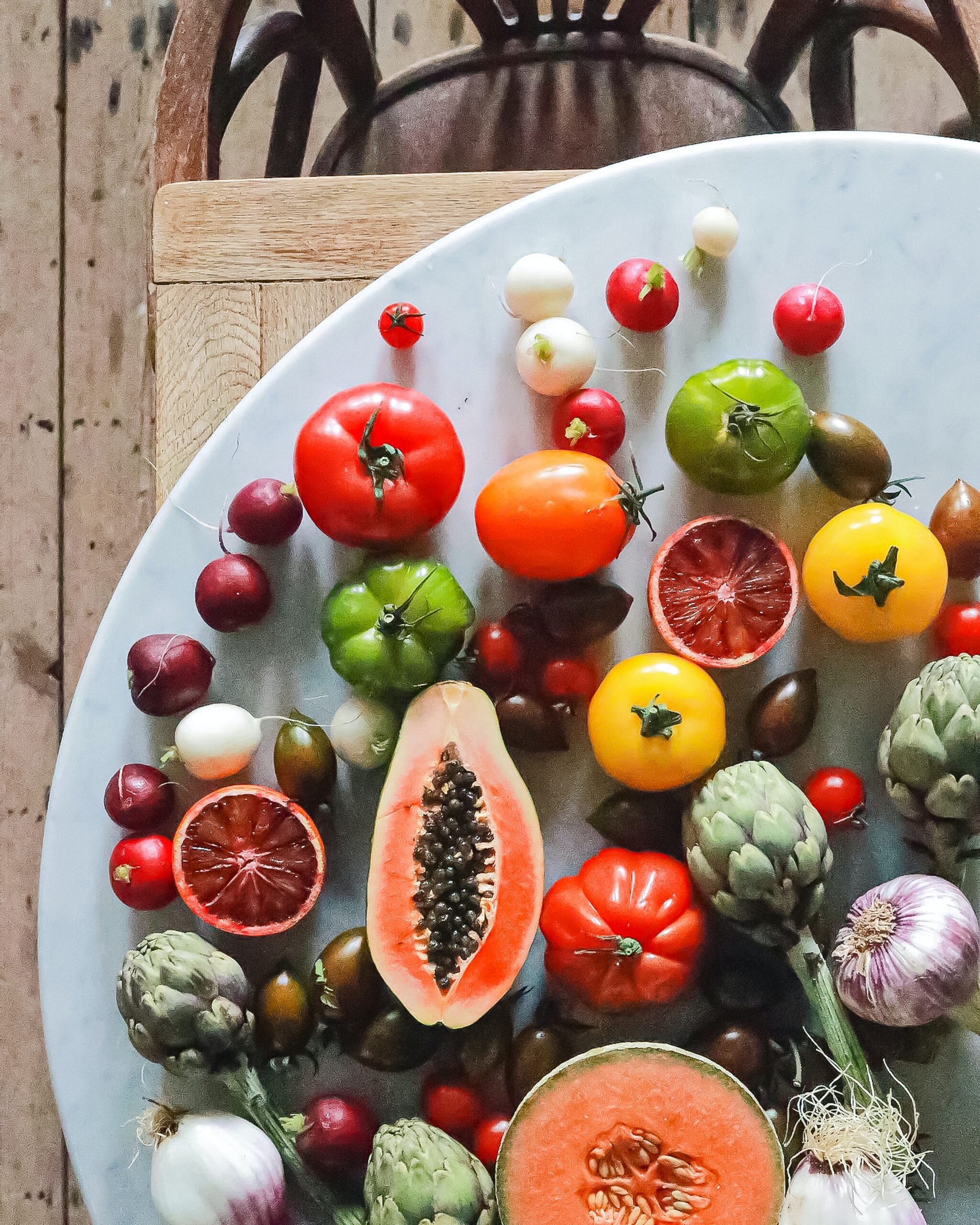
These powerful phytonutrients are responsible for the immune-boosting, immune-modulating, and immune-supporting properties of plants. Phytonutrients are what give plants their distinct colors, and those colors correlate to the bioactive compounds that affect our health.
When we consume plants, phytonutrients in plants nourish the human body through various processes including:
- Detoxification
- Hormone balance
- Immune system support
- Antioxidants
- Anti-inflammatory
Phytonutrients are what give many foods classification as being functional foods. They have been found to prevent disease, reduce inflammation, and give you the necessary nutrients for your body to function optimally.
The colors and flavors of fruits and vegetables are due to the phytonutrient’s composition and components. While we don’t know everything about these components, we do know many are complementary to one another and to get the greatest benefit it’s imperative to consume a variety.
These phytonutrients are broken down even further into various categories that define their health-promoting benefits. The most studied group of phytochemicals includes phenolics that play a distinct role in producing beneficial health effects. How these phenolic compounds are metabolized and broken down determines their secondary metabolite or by-product that elicits these effects. Most commonly known phenolics include coumarins, flavonoids, polyphenols, tannins, and stilbenes.
Each of these phytonutrients further breakdown into their by-products that exhibit their specific benefits on the human body. These plant phytonutrients exhibit anti-inflammatory, antioxidant, anticancer, gut healing, and immune-supporting activities, just to name a few. The key to remember here is they are all different, and eating a variety of plants does matter.

plants and your gut
A study by the American Society for Microbiology assessed more than 11,000 human gut microbes and found that people with the healthiest gut have one thing in common. Can you guess what that is? The people with the healthiest guts—which is generally the most diverse guts—were the people eating more than thirty different types of plant in a week. This may seem impossible, but you have to remember a plant goes beyond just fruits and vegetables. A plant can be a nut, seed, grain, herb, or spice!
The key takeaway here is to focus on the diversity of the foods you eat and the gut microbes will flourish! There are hundreds of species of bacteria and more than 100 trillion living in your gut. Together with fungi and viruses, these bacteria make up the gut microbiome in your body. Essentially this tells us we are more bacteria than anything else. Your digestive system functions at its optimum when there is a balance of the good and bad gut bacteria living in it. Scientific evidence now shows that the food you eat will directly determine the levels of certain bacteria in your gut, and therefore the diet and food you choose will either support and strengthen your immune system or weaken your defense system. Eating the right foods supports our overall health and well-being.
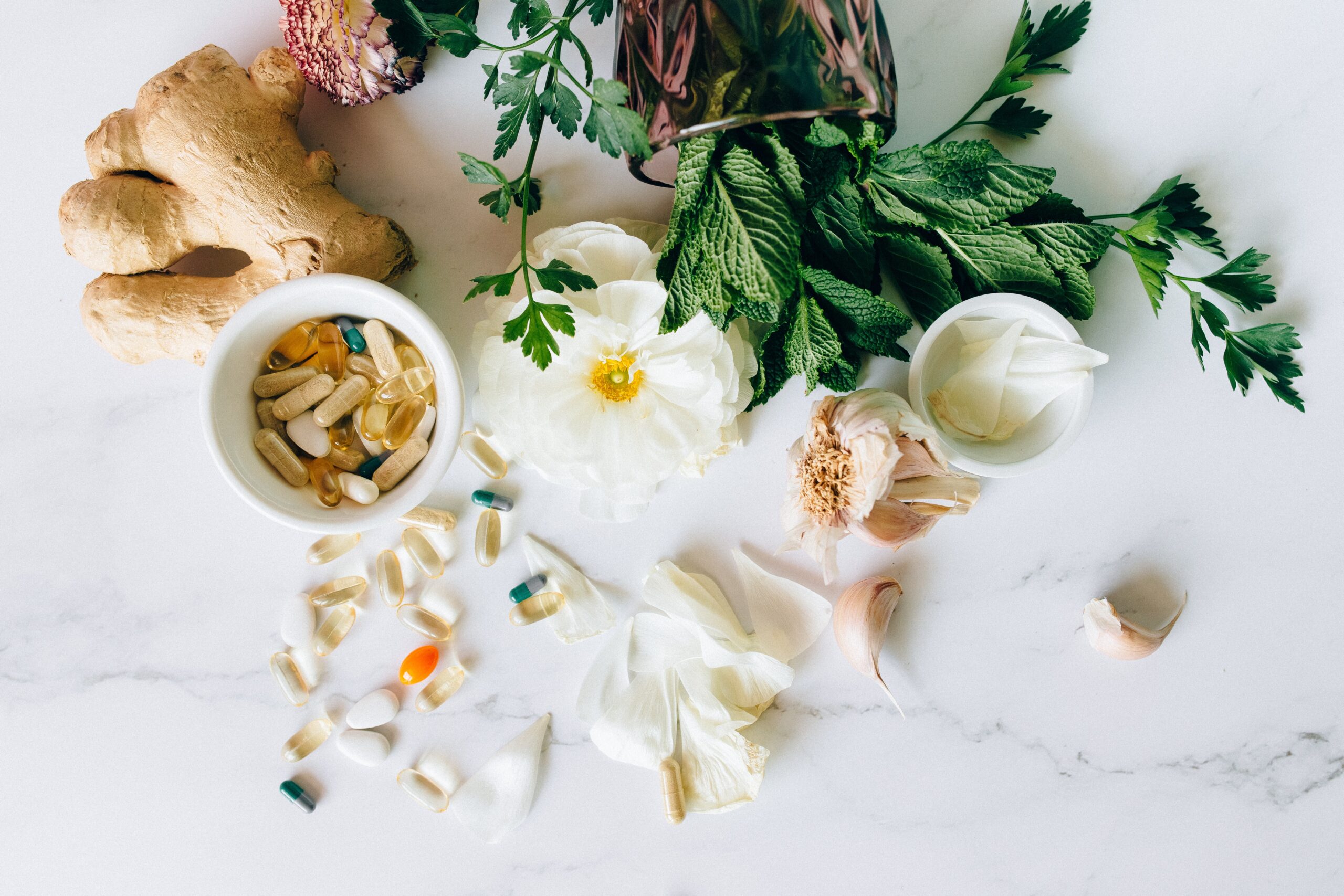
plants over supplIments
By understanding the primary functions of the gut, we can have a greater appreciation as to why what we eat matters. What you put into your body translates to what you get out, and what you get out is either health or disease. Did you know that it is estimated that one-third of all cancer deaths in the United States could be prevented through dietary modification? Dietary Guidelines for Americans recommend that most people should eat at least nine servings of fruits and vegetables daily. In reality, the average American consumes 3.6 servings of fruits and vegetables. That is a pretty wide discrepancy between what is suggested and what is consumed!
Now, what if we just took lots of supplements and vitamins to give our bodies the necessary nutrients, without worrying about consuming a whole food diet? Unfortunately, it’s not that simple! The bioactive compounds found in different whole foods differ widely in their composition. Therefore, to gain the greatest benefit from them you need to consume a variety of these whole foods daily and consume them together.
Taken alone, the individual antioxidants or phytochemicals studied in clinical trials do not appear to have consistent beneficial effects. This speaks to the healing power of foods, and the benefits of their phytonutrients. Studies have found when we isolate the compounds in pure form and put them into a dietary supplement, they don’t have the same effect, in the same way, as the compounds in their natural form from whole food. Dietary phytochemicals from whole plant-based foods have demonstrated potent antioxidant and anti-inflammatory activity, and this response is escalated when the foods are combined and consumed together.
The greatest benefits of these foods come from their synergy and how their biochemicals interact with one another. This is a huge reason why you need to obtain these nutrients, antioxidants, bioactive compounds, and phytochemicals from a balanced diet with a wide variety of fruits, vegetables, whole grains, and other plant foods for optimal nutrition, health, and well-being, and not from dietary supplements.
No single antioxidant in supplement form can replace the mixture of natural phytochemicals in whole foods such as fruits and vegetables. The unique molecular profiles of these phytochemicals are what affect their distribution and concentration in different organs, tissues, and cells. Each phytochemical differs in size, bioavailability, solubility, polarity, metabolism, and excretion. Understanding this deep science behind whole foods explains why you won’t ever get the same benefit from taking dietary supplements.
The best way to obtain the antioxidants and phytochemicals that affect our overall immune system and well-being is by eating real food! The best part of it all is you can consume as much whole food as you want without worrying about toxicity, as compared to dietary supplements.
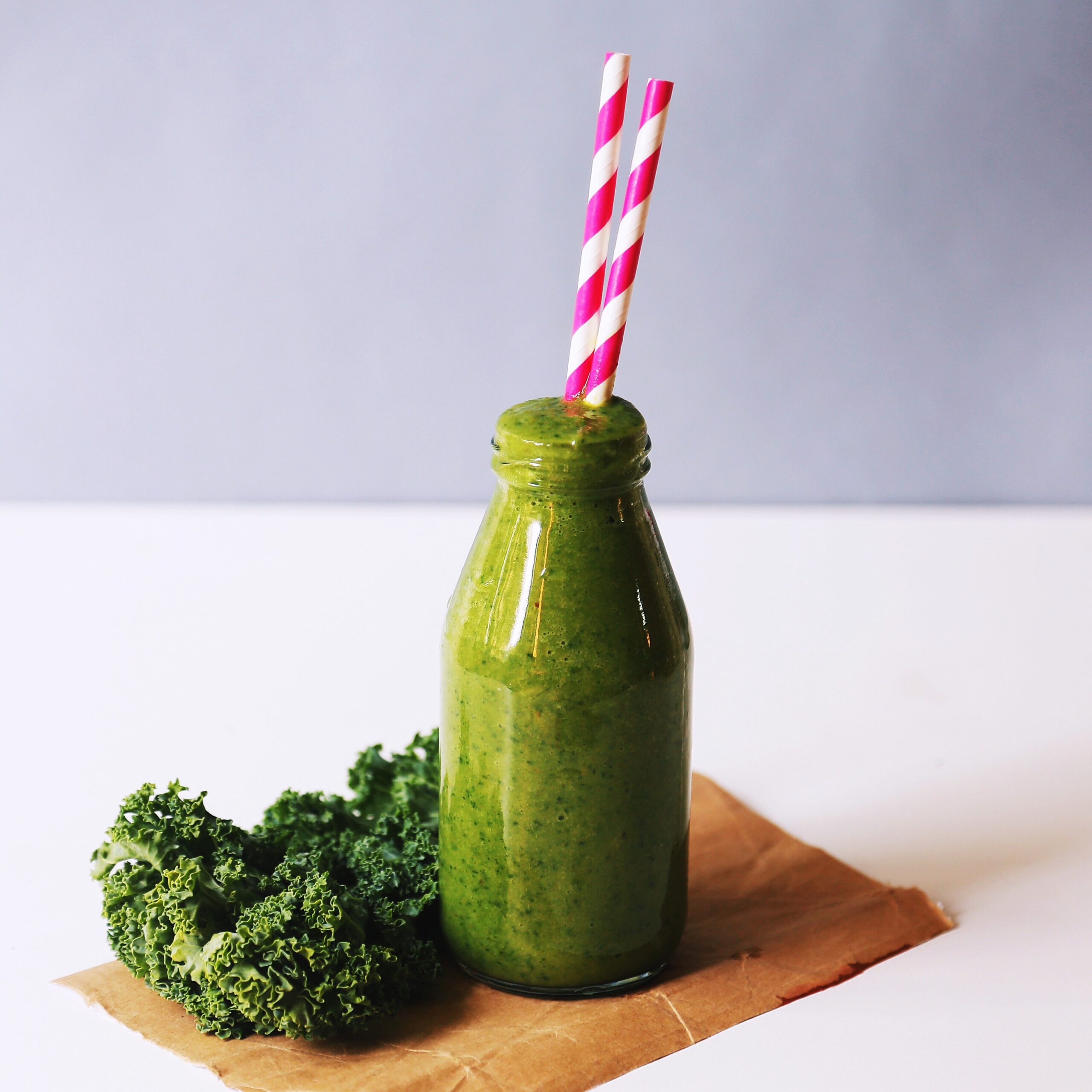
where do you start?
Many people may find this to be overwhelming or unattainable. How can I possibly consume 12 servings of plants in a day?
Some key takeaways to help keep it simple are:
- Start your day with a nutrient-dense smoothie. This can include fruits, vegetables, seeds, plant-based milk, and protein. You can get half your servings first thing in the morning!
- Have a salad at lunch and dinner. Even if it’s just a side salad, this will ensure you are consuming plants regardless of whatever else is on your plate!
- Plan your meal. Batch vegetable soup on Sundays to be eaten for lunch, or chop up vegetables that can be roasted throughout the week to enjoy with your dinner
- Don’t be afraid to try different plants. Plant-based foods are abundant out there. Focus on those that come from whole foods, and not man-made plant-based foods!
- Listen to your body. Observe how you feel, and eat accordingly!
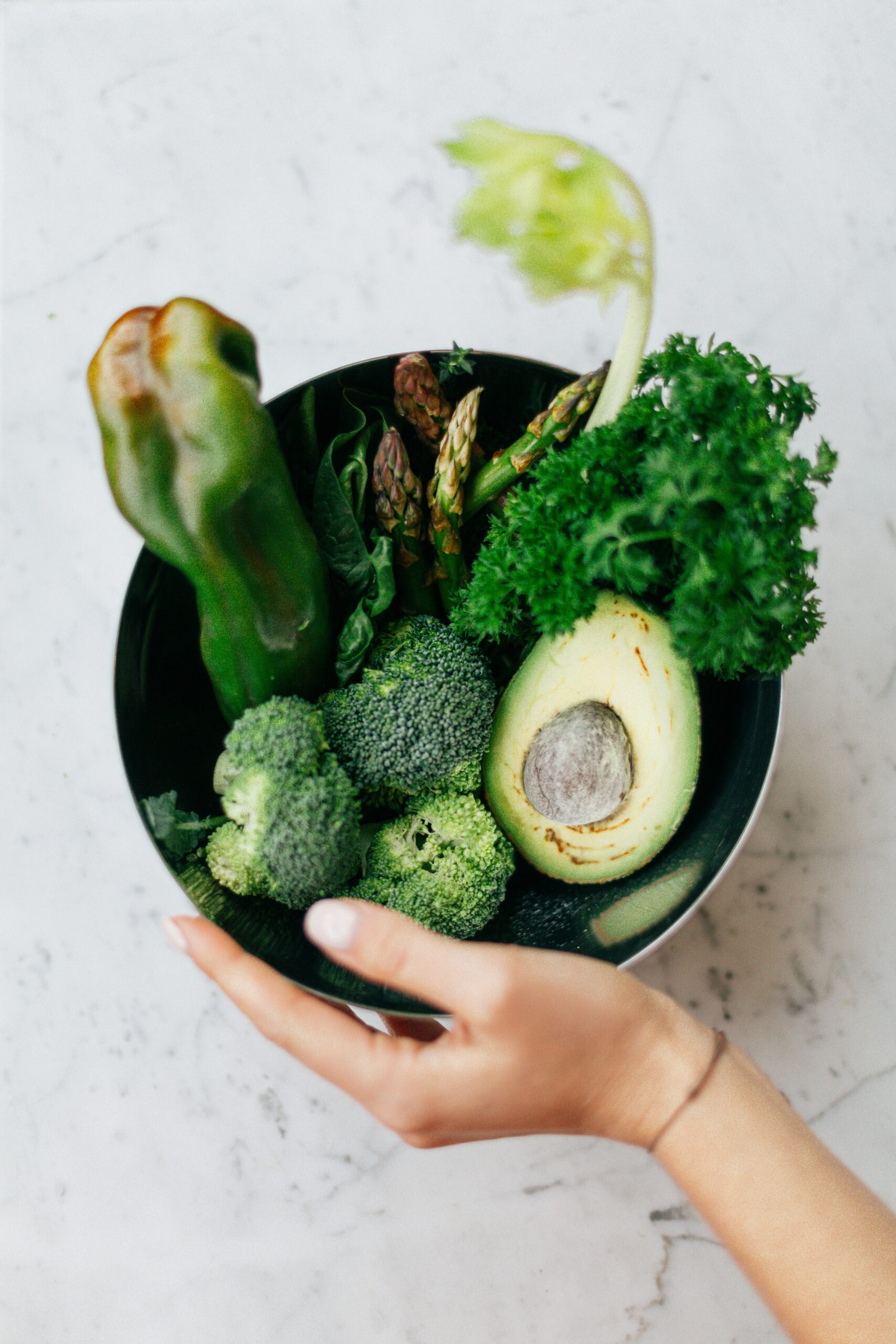
To learn more about plants and how they can promote health and prevent disease check out my book The Immunity Fix
The “immunity food fix” is to consume a variety of plants of a multitude of colors to reduce chronic inflammation with which so many of us live. And through this book, you’ll understand the science and the “why” behind the health benefits. It’s that simple!
Order the Immunity Food Fix: The Immunity Food Fix

about the author
Donna Mazzola is a Doctor of Pharmacy with a Masters in Functional Medicine and a health and wellness blogger and currently residing in Plymouth! Living with an autoimmune disease herself, Donna has a mission to bring awareness to lifestyle changes and healthy habits that can be implemented by her followers, especially those also suffering from autoimmune diseases.
Red her blog at www.drautoimmunegirl.com or connect with her on social or through email.
Instagram: @drautoimmunegirl
Facebook: @drautoimmunegirl
Email: info@drautoimmunegirl.com
